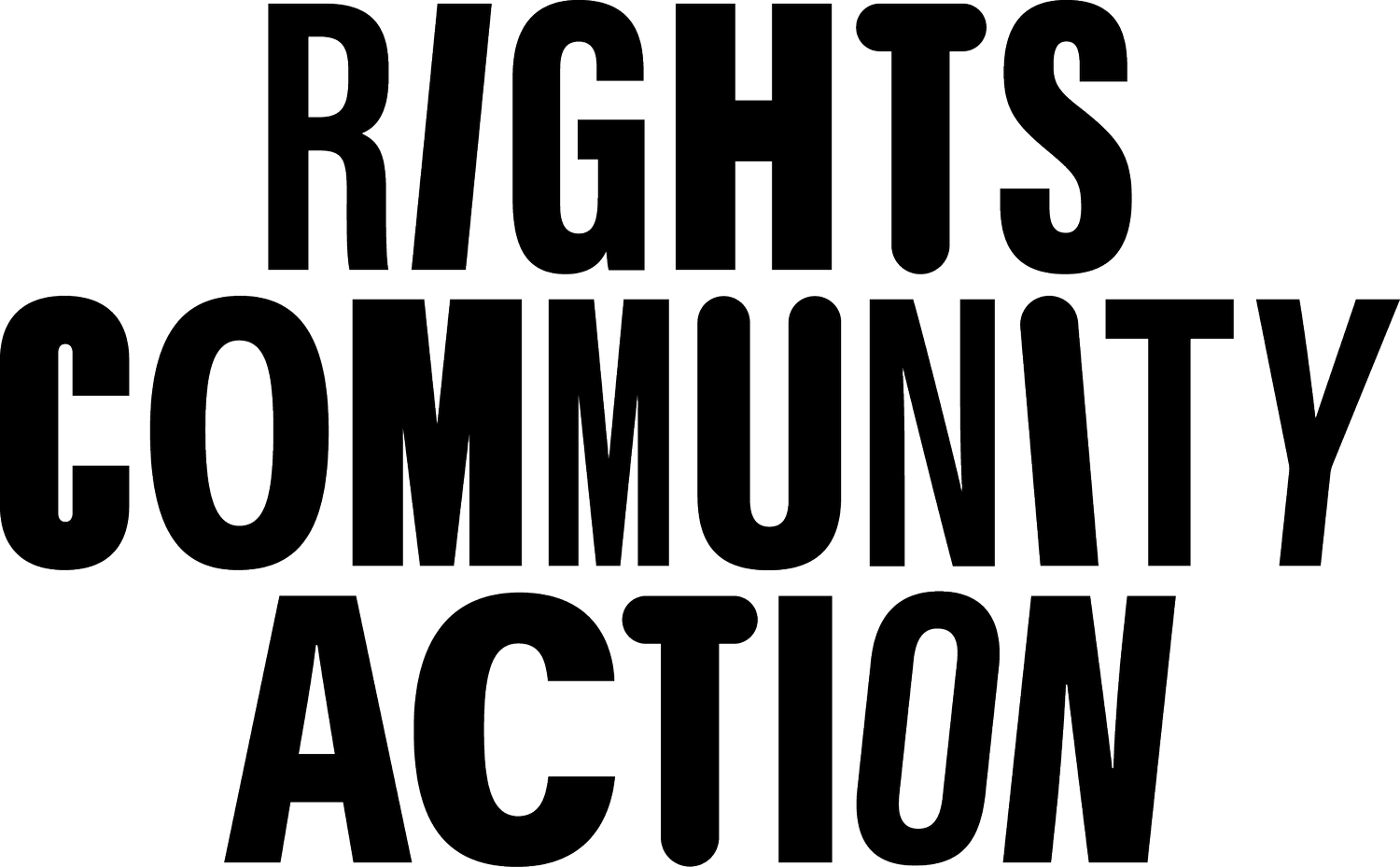The Planning & Infrastructure Bill
Plan For People - with us, not to us
We believe:
Democracy & Voice – Communities must have a real say in decisions that shape their environment.
Justice & Inclusion – Planning must work for everyone, especially those historically excluded from decision-making processes.
Climate & Future – Planning must be a tool to deliver legally binding climate targets and build long-term resilience.
The Problem with the Bill
The Planning and Infrastructure Bill, as it stands, poses serious threats to climate action, democratic participation, and social justice:
It weakens climate action: The Bill mentions climate change, but doesn’t link planning decisions to the UK’s legally binding climate targets. That means councils and developers can ignore the need to cut emissions or prepare for floods, heatwaves, and energy shocks.
It takes power away from local people: The Bill reduces the rights of communities to have a say in new developments. It shifts decision-making to central government and unelected bodies, making it harder for people to object, shape, or improve what gets built in their area.
It ignores better ways forward: The planning system could drive a new green economy—by enabling housing retrofits, boosting nature and clean energy, and protecting vulnerable communities and saving us all money. This Bill fails to do any of that.
Instead of helping us face the future, the Bill locks in short-term thinking and top-down control.
Our Asks
We are calling for specific, urgent amendments to the Planning and Infrastructure Bill to ensure it serves people and the planet, not just developers or short-term political goals. This matters because planning is one of the few tools we have to tackle the climate crisis while protecting democratic rights and economic fairness.
Embed climate law in planning: Without binding duties, planning decisions will continue to undermine the UK’s legal commitment to reach net zero. We need the Bill to require every plan and decision to align with the Climate Change Act and its carbon budgets.
Standardise climate duties: Vague references to "considering" climate change aren't good enough. The law must define how local authorities and infrastructure bodies are expected to mitigate and adapt to climate risk—and provide clarity that unlocks investment in sustainable development.
Protect public participation: Communities must retain the right to shape development in their area. Stripping back consultation rights not only weakens local democracy - it leads to worse, less sustainable outcomes that increase vulnerability to climate shocks and erode public trust.
These asks reflect a simple principle: planning should work with us, not be done to us. Reform must empower people, embed climate responsibility, and ensure development delivers for us and future generations.
Read more
House of Commons Second Reading: 24 March 2025
House of Lords Second Reading: 25 June 2025
